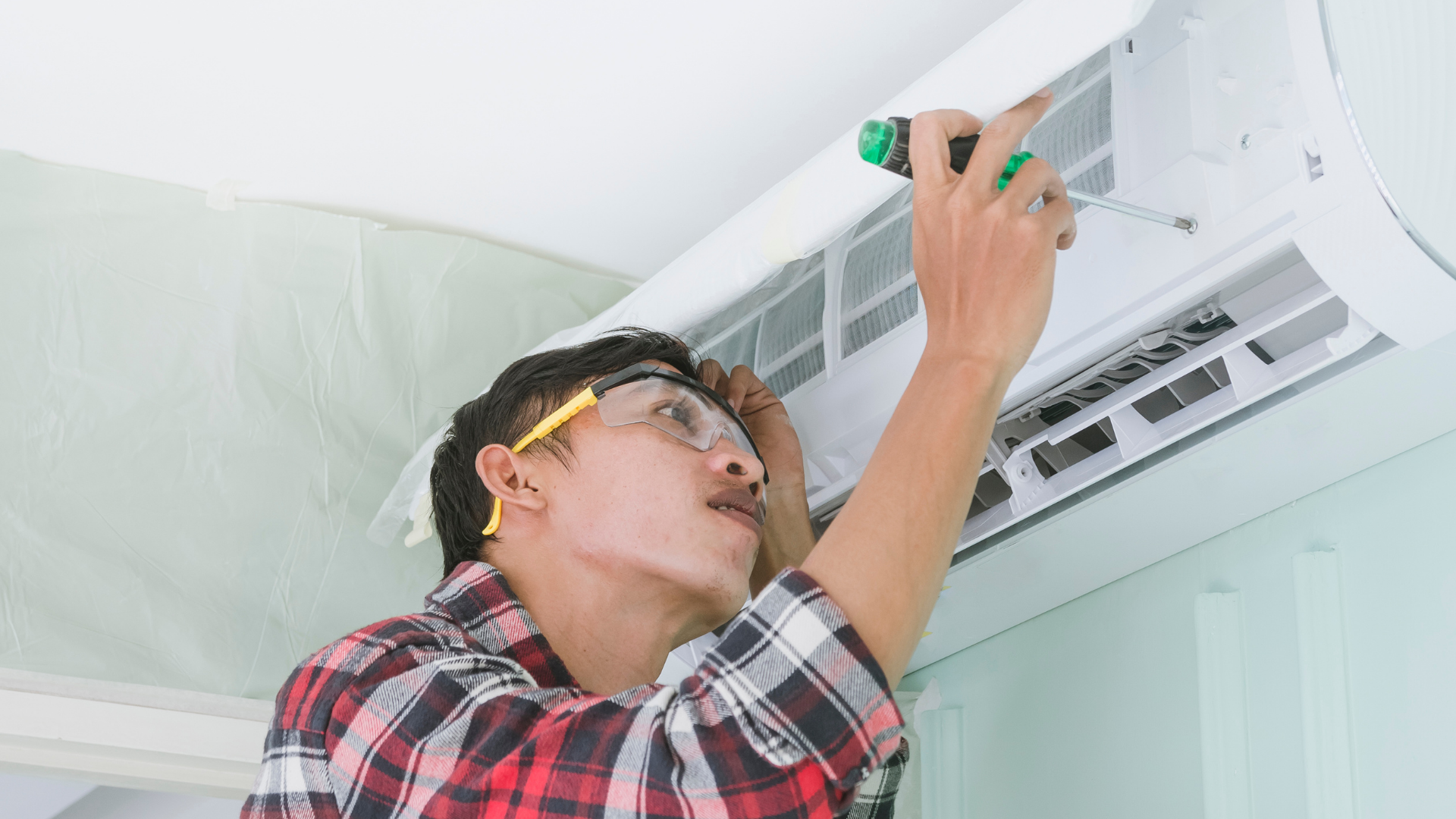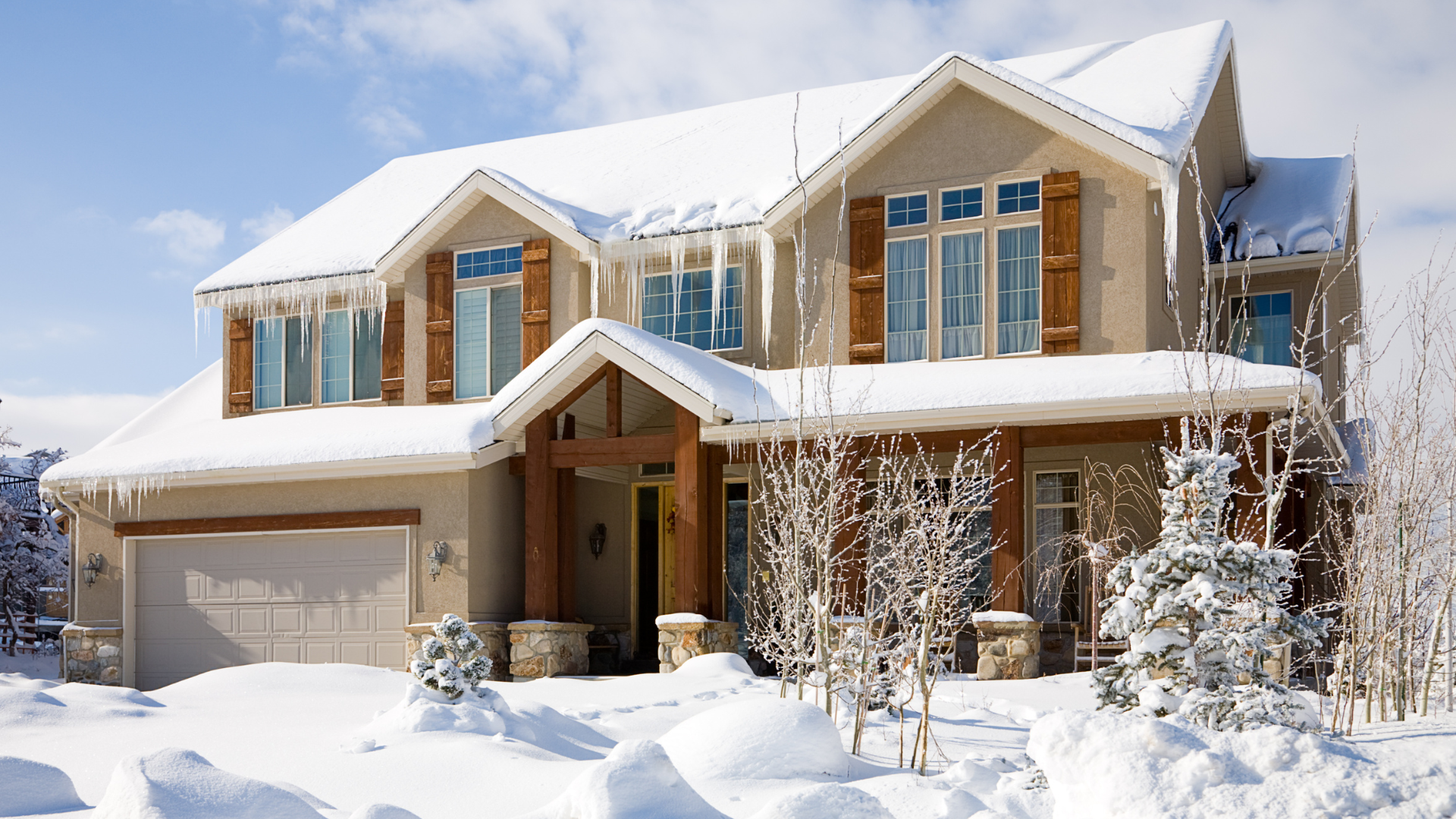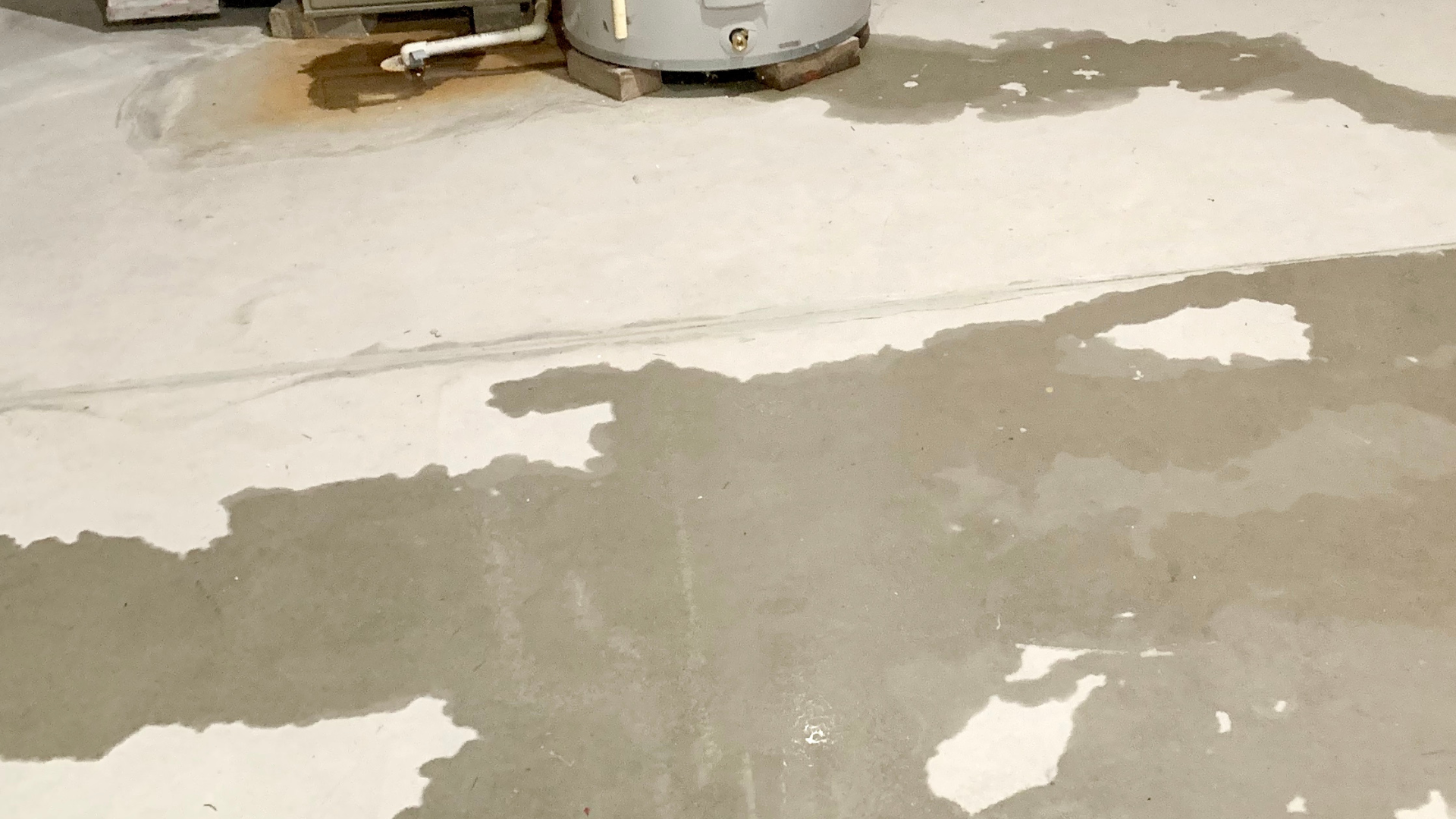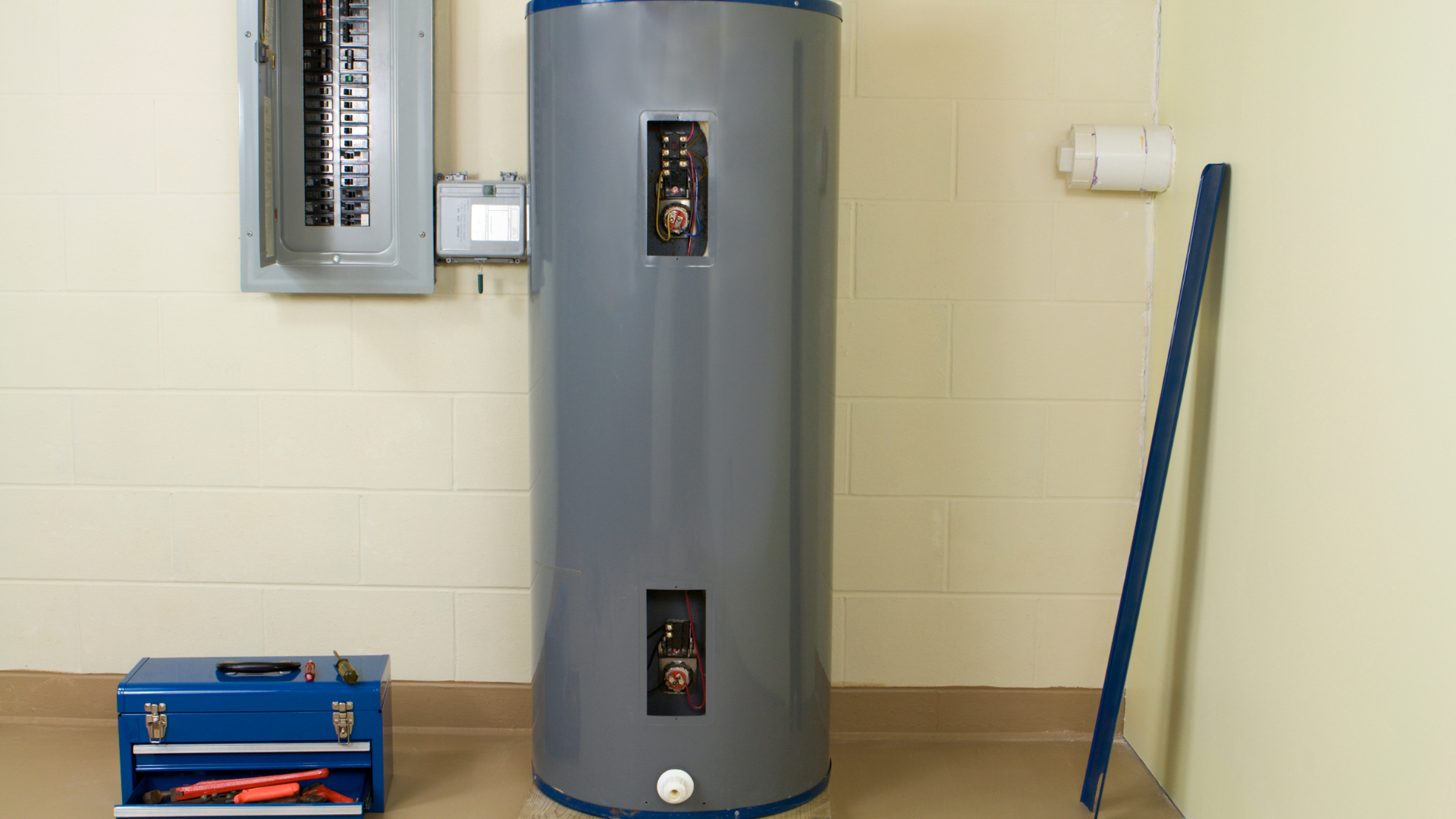Your Guide to Heating and Cooling System Preventative Maintenance
What to Expect: Your Guide to Heating and Cooling System Preventative Maintenance

Your home's heating and cooling systems are vital for comfort, but like any complex machinery, they require regular attention to perform optimally. Preventative maintenance, often overlooked, is key to ensuring efficiency, extending lifespan, and avoiding costly breakdowns. When a qualified service technician arrives for a routine maintenance visit, here's what you can expect them to do for both your heating and cooling systems.
The Value of Preventative Maintenance
Before diving into the specifics, it is worth understanding why preventative maintenance is so important. Regular tune-ups offer numerous benefits for homeowners, including:
- Improved Energy Efficiency: A clean, well-tuned system runs more efficiently, leading to lower energy bills.
- Extended System Lifespan: Addressing minor issues before they become major problems can significantly prolong the life of your expensive HVAC equipment.
- Fewer Costly Repairs: Preventative maintenance helps catch potential failures early, preventing unexpected and expensive emergency repairs.
- Enhanced Indoor Air Quality: Clean filters and coils contribute to healthier air in your home by reducing allergens and pollutants.
- Increased Safety: Technicians can identify and address potential safety hazards, such as gas or carbon monoxide leaks in heating systems or electrical issues in air conditioning systems.
- Warranty Protection: Many HVAC manufacturers require proof of annual professional maintenance to keep your warranty valid.
What to Expect During a Heating System Preventative Maintenance Visit (Typically Fall)
As the cooler weather approaches, a technician will focus on preparing your furnace or heat pump for the demands of winter. Here's a typical checklist:
- Thermostat Check and Calibration: The technician will ensure your thermostat is accurately reading temperatures and communicating correctly with the system. They may also test programmable settings.
- Air Filter Inspection and Replacement: A dirty air filter restricts airflow and makes your system work harder. The technician will inspect the filter and replace it if needed (they may carry common sizes, but it's good to have your replacement on hand).
- Blower Component Inspection and Cleaning: The blower motor and fan distribute heated air. The technician will inspect and clean these components to ensure proper airflow and efficiency.
- Ignition System/Pilot Light Check: For gas furnaces, the pilot light or electronic ignition system will be inspected to ensure reliable startup.
- Burner Assembly Inspection and Cleaning: The burners will be inspected for cleanliness and proper operation, as dirty burners can lead to inefficient heating.
- Heat Exchanger Inspection: A critical safety check, the technician will inspect the heat exchanger for any cracks or damage that could lead to carbon monoxide leaks.
- Gas Pressure and Connections (Gas Furnaces): The technician will check gas pressure and inspect all gas line connections for leaks, a vital safety measure.
- Venting System Inspection: The exhaust vent system will be checked for obstructions, ensuring proper ventilation of combustion byproducts.
- Lubrication of Moving Parts: All moving parts, such as motors and bearings, will be lubricated to reduce friction and wear.
- Electrical Connection Inspection: The technician will check all electrical connections for tightness and signs of wear to ensure safe and efficient operation.
- Safety Control Testing: Various safety controls within the system will be tested to ensure they function correctly in an emergency.
- Condensate Drain Line Check (High-Efficiency Furnaces): High-efficiency furnaces produce condensation. The technician will ensure the condensate line is clear and draining properly to prevent water damage.
- Carbon Monoxide Testing: Many technicians will perform a carbon monoxide test to confirm safe operation, especially with gas furnaces.
What to Expect During a Cooling System Preventative Maintenance Visit (Typically Spring)
Before the summer heat sets in, a technician will prepare your air conditioner or heat pump for optimal cooling performance. The maintenance visit will typically include:
- Thermostat Check and Calibration: Similar to heating, the thermostat will be checked for accuracy and proper function.
- Air Filter Inspection and Replacement: Again, a clean filter is crucial for efficient cooling.
- Outdoor Unit Cleaning (Condenser Coil): The outdoor condenser unit will be cleared of debris (leaves, dirt, grass clippings) and the coil will be cleaned to ensure proper heat dissipation.
- Evaporator Coil Cleaning (Indoor Unit): The indoor evaporator coil, which absorbs heat from your home's air, will be inspected and cleaned to maintain efficient cooling and air quality.
- Refrigerant Level Check: The technician will check refrigerant levels and inspect for any leaks. Low refrigerant can significantly impact cooling performance.
- Blower Component Inspection and Cleaning: As with heating, the blower components are essential for air circulation and will be inspected and cleaned.
- Condensate Drain Line Clearing: The condensate drain line can get clogged with algae or mold, leading to water backup and potential damage. The technician will ensure it's clear.
- Electrical Connection Inspection: All electrical connections will be checked for tightness and signs of wear.
- Lubrication of Moving Parts: Motors and other moving components will be lubricated.
- Fan Motor and Blades Inspection: The outdoor unit's fan motor and blades will be inspected for proper operation and any damage.
- Overall System Performance Check: The technician will take various measurements (e.g., temperature differential, pressure readings) to assess the overall performance and efficiency of the cooling system.
Choosing a Qualified Technician
When scheduling preventative maintenance, look for a reputable company with experienced and certified technicians. Certifications like NATE (North American Technician Excellence) indicate that a technician has met rigorous industry standards for knowledge and skill.
By understanding what to expect during a preventative maintenance visit, you can ensure your heating and cooling systems are well-cared for, providing comfortable and efficient operation for years to come.
Sources:
- North American Technician Excellence (NATE): https://www.natex.org/
- Air Conditioning Contractors of America (ACCA): https://www.acca.org/
- U.S. Department of Energy (Energy.gov) - HVAC Resources: https://www.energy.gov/eere/buildings/heating-and-cooling
Click Another Article to Read More










